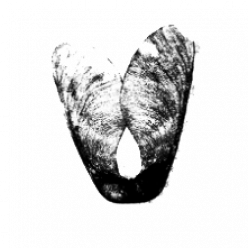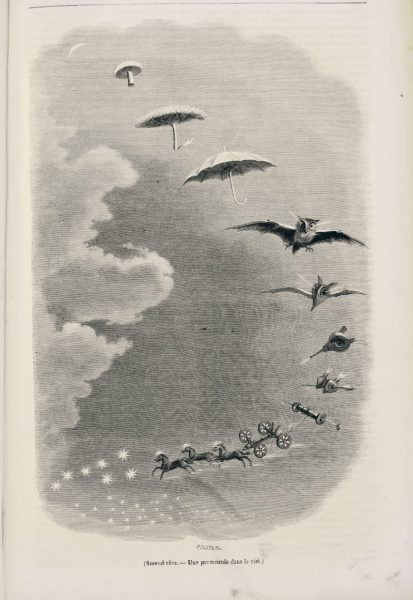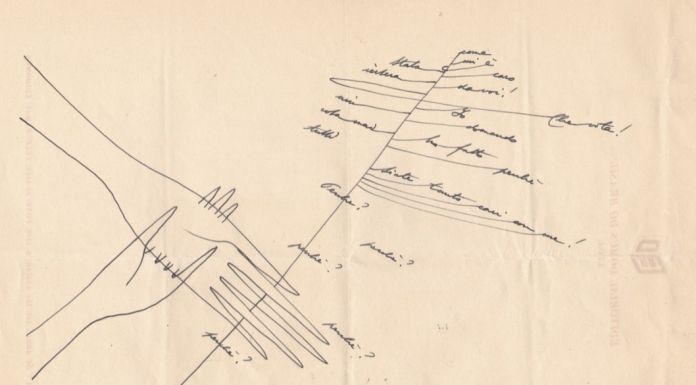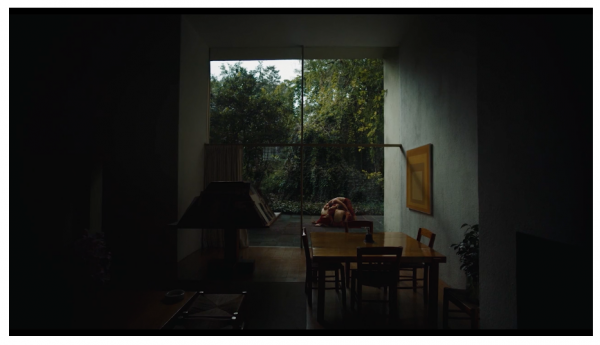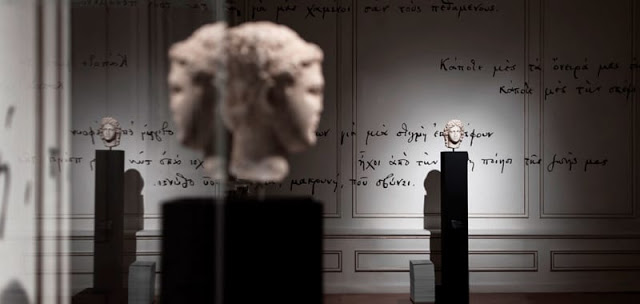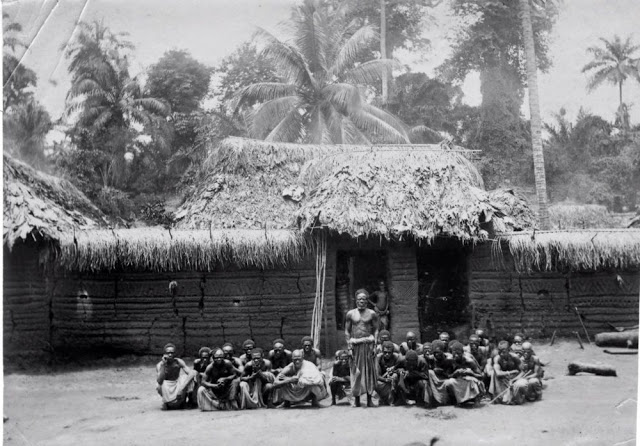Despite continuing my work independently, the current economy dictates that in order to survive, I have to work for others. Adapting to it, being flexible… I’m too tired to make up names for you. It is what it is, sometimes intellectually challenging, sometimes what follows.
I was fired, I was fired, because it did not seem right to take my coffee next to a toilet, I was fired because it did not seem right to wash my lunch dishes in the place where others had made physiological needs. Or put food in a fridge (second hand, third hand…?) that had been put on the street and no one cleaned it up. I was fired because having internal meetings until 9 pm seemed to me to be exaggerated.
I was fired over the phone, barred from my personal computer stuff, and kicked out of the company at 9 am on the first day of autumn. Mother Nature was kind to me, because on the street people thought my wet face was from the rain.
Never in my life I had been treated that way, never in my life had I been fired… never until the day!
I saw a drawing a long time ago with the phrase “Nobody can stop them!(…)”
The world is made of many nobodies. As I belong to this class, I was treated by the businessmen (not all are the same) as an object, garbage.
J. Campbell wrote that cities demonstrate very well the power of the time, before the centrally located churches, then the government buildings and today the offices, eager to win the planet. Eternal economic growth, resource use to exhaustion, often zero humanity.
The nobodies in this world has children, loans, dreams? Who knows, but most of all they are afraid. And in the fear in which they surround themselves, they learn not to say what they think, to look sideways when something goes against their values. In the process they lose their rights, they kill the ideals to become the automatons that society requires them to be. Nobodies are the majority of this world and still, they prefer to dip their eyes on social networks. Looking at a screen, down, with subservient posture.
On the first day of autumn, another nobody was trampled underfoot, to learn not to look up, to be reminded of which side of the balance is the power.
“Nobody can stop them!
I’m nobody!”
